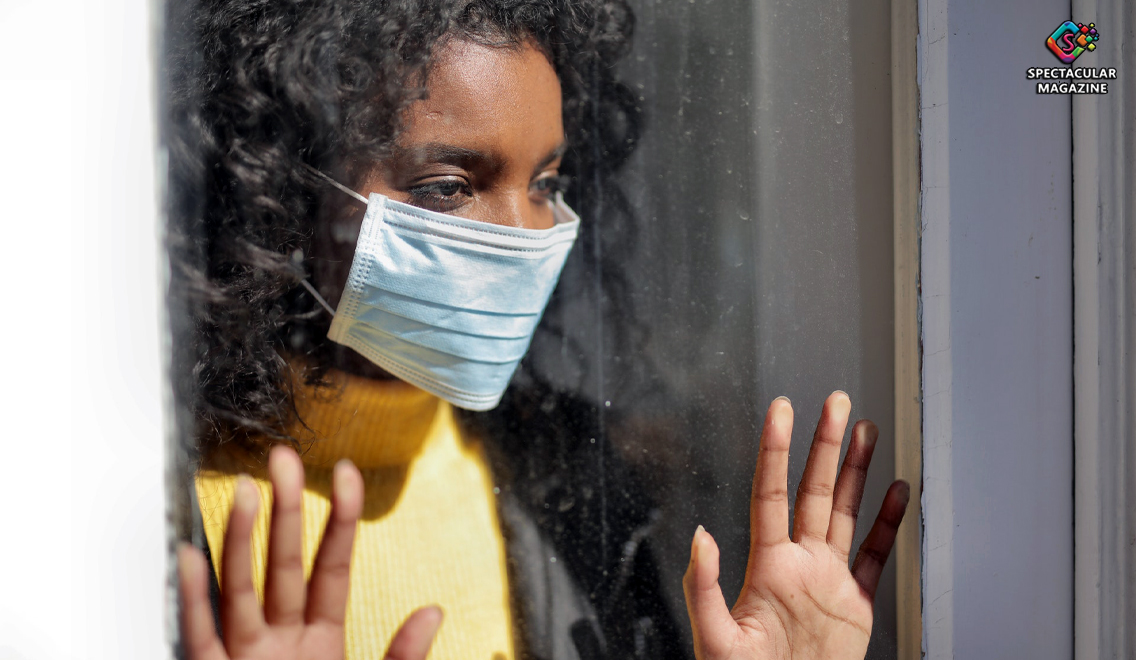Mental Wellness During And After COVID-19
Many countries are still in grip of COVID-19 and the health problems it entails. But for millions of people, the effects of living through a pandemic are not only physical but economic, social, and psychological too.
Even for those people who have not experienced any issues with their mental health in the past, the last few months. The combination of the fear of getting sick, worrying about your finances and being socially isolated from friends and loved ones can all take their toll on even the most resilient of people.
It’s likely these effects will last long after the epidemic has abated too. That’s why it’s important to look after ourselves both physically and mentally too.
Concentrate On Those Things You Can Change

It’s so easy to let your mind run riot, worrying about a million things. Cynthia Telles, The Community Health Committee Chair for the Kaiser Foundation Health Plan commented that “It is oftentimes the uncertainty around what to expect this is so much more stressful than knowing exactly when a bad thing is going to affect you.”
Try to focus your energy on things you can control, such as your own routine and behaviors. You can’t influence what is going on out there in the world, you can only do your best to look after yourself and follow any government guidance.
Look After Yourself

Mental health and physical health are inextricably linked. Try and make your physical health a priority too. Keep active. If you’re in an area that is still experiencing lockdown and social distancing then why not try following an exercise program on YouTube.
Try not to overdo it on the unhealthy foods either. It may be comforting but in the long term but will soon start to impact your health, weight, and mood.
Exercises like Yoga are great for releasing tension and instilling a state of calmness which is good for mental wellbeing too.
Find Something To Occupy Your Mind
Many people are using this time to revisit old hobbies or learn new skills. If you have the time, try and find something to occupy yourself but also distract your mind. It can be anything at all from reading to learning a language or trying out some new recipes in the kitchen.
Limit Your Exposure To The News

Staying informed is important, but a constant stream of news, radio, and social media is going to heighten any anxiety you have. Pick a reputable news source and get yourself up to date only once or twice per day. Avoid social media or mute accounts who are constantly posting intentionally sensational headlines or conspiracy theories.
Get Out In The Fresh Air
Most countries are starting to reduce the restrictions on leaving your home. It’s possible if there is a second wave of the virus, that these restrictions will be brought back. As far as possible, try and get out into the fresh air when you can. The mental and physical benefits of this are huge, along with providing much needed Vitamin D.
Practice Mindfulness

Some people often dismiss practicing mindfulness as they believe it is some kind of new-age fad. At it’s most basic, mindfulness is very simple and involves trying to make yourself be present in the moment. We often spend our lives either worrying about the future or thinking about the past, not really experiencing exactly what we are doing right now.
If you really do have trouble bringing yourself back to the present, you can use an App on your phone to do a guided session, or there are many free resources on the online and videos on YouTube that can help you too.
Know When You Need Help
Having a history of mental illness can make you aware of the signs that you need help with. However, this rather unique set of circumstances can affect those who have never experienced problems at all, and they might not recognize the signs. As well as feeling mentally overwhelmed, it may manifest physically in insomnia, panic attacks, tearfulness, or mood swings. Most doctors are conducting appointments via video and phone now so you needn’t wait for doctors’ offices to reopen. There are also specialist hotlines you can call at any time.
If you notice signs in a family member or coworker, reach out to them and let them know that they can talk to you and that they should talk to someone if they feel they can’t cope.


